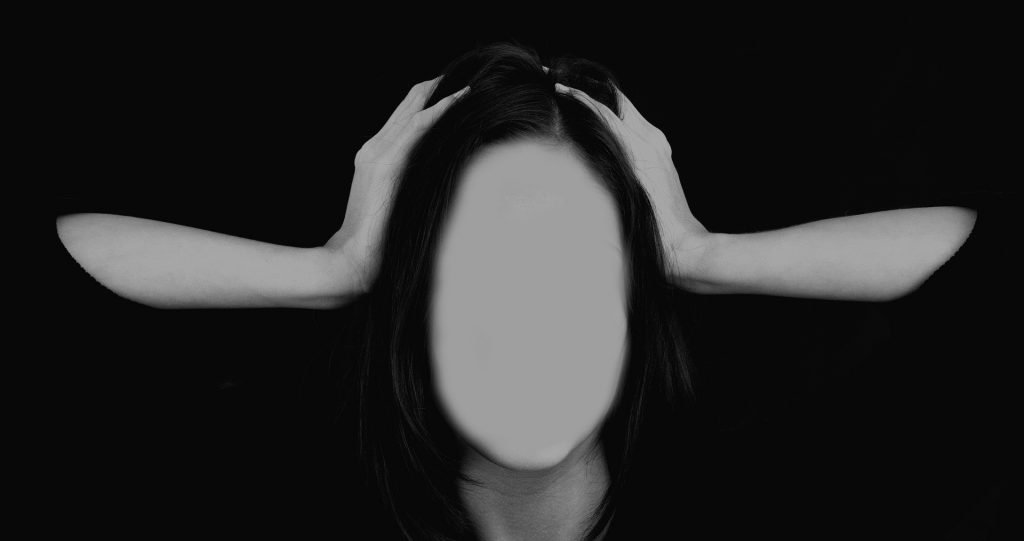 Evidence suggests that the neurotransmitter GABA is a key regulator of mood. The role of GABA is mood disorders was first evidenced by the observation that valproic acid, a GABA agonist, was effective at treating bipolar disorder. Since this time other evidence has also implicated GABA as a key regulatory of mood. For example, lowering GABA levels in animals is able to cause the development anxiety and depression. In contrast, the use of GABA supplements, dietary GABA, and other GABA activating drugs such as benzodiazepine and barbiturates is able to improve mood. Many herbs and phytochemicals are known to activate the GABA system and this may explain the mood elevating effects seen from certain plants extracts. Blockage of the GABA system by GABA antagonist drugs can increase helplessness in animal models, and effect that can be reversed by injection of GABA into the brains of the animals. Therefore there is considerable evidence that GABA is involved in mood disorders.
Evidence suggests that the neurotransmitter GABA is a key regulator of mood. The role of GABA is mood disorders was first evidenced by the observation that valproic acid, a GABA agonist, was effective at treating bipolar disorder. Since this time other evidence has also implicated GABA as a key regulatory of mood. For example, lowering GABA levels in animals is able to cause the development anxiety and depression. In contrast, the use of GABA supplements, dietary GABA, and other GABA activating drugs such as benzodiazepine and barbiturates is able to improve mood. Many herbs and phytochemicals are known to activate the GABA system and this may explain the mood elevating effects seen from certain plants extracts. Blockage of the GABA system by GABA antagonist drugs can increase helplessness in animal models, and effect that can be reversed by injection of GABA into the brains of the animals. Therefore there is considerable evidence that GABA is involved in mood disorders.

GABA may increase the alpha wave state of the brain and decrease the beta wave state of the brain. Alpha waves are associated with a calmness and relaxation, whereas beta waves are associated with agitation and alertness. Therefore GABA and drugs affecting the GABA system may increase calmness and relaxation and thus have positive effects on mood disorders, particularly anxiety through a modulation of brain waves.
Treatments for anxiety and depression may act mainly via the GABAA, but may also involve GABAB receptors. Activation of the GABAA receptor causes the opening of chloride channels of target neurones. This allows chloride to enter the cell, leading to a lowering of the membrane potential and a reduction in the chance of the neurone initiating an action potential. In contract GABAB receptors cause the activation of cellular signalling pathways and this causes the opening of potassium channels. This allows potassium out of the cell, and this also causes a reduction in the membrane potential of the target neurone. The neurotransmitter GABA will activate both GABAA and GABAB receptors, but evidence suggests that phytochemicals and drugs may be more likely to target the GABAA receptor. Activation of both GABA receptors therefore causes a calming and relaxation effect in the brain and this may have knock on effects to cause elevations in mood and reductions in the risk of depression and anxiety.
Eat Well, Stay Healthy, Protect Yourself
RdB
